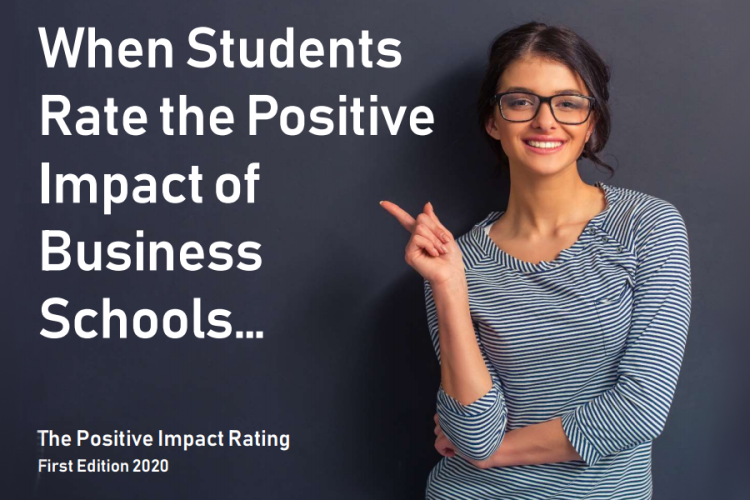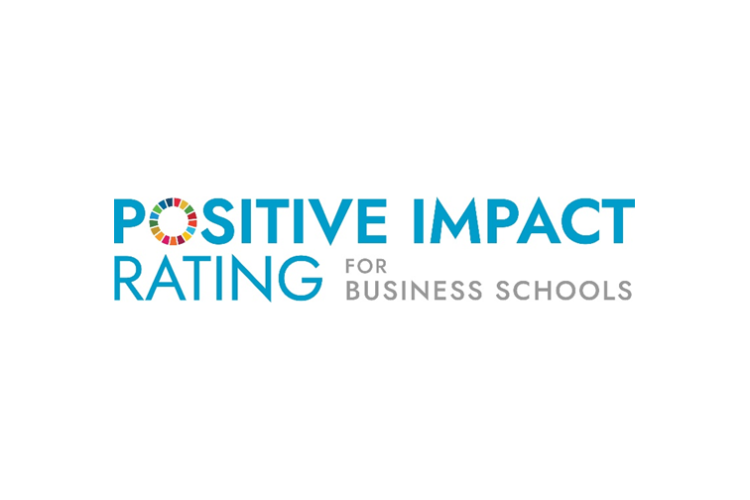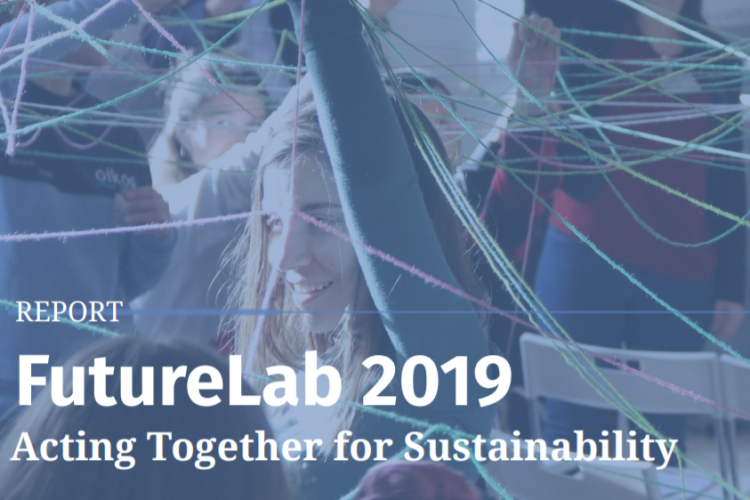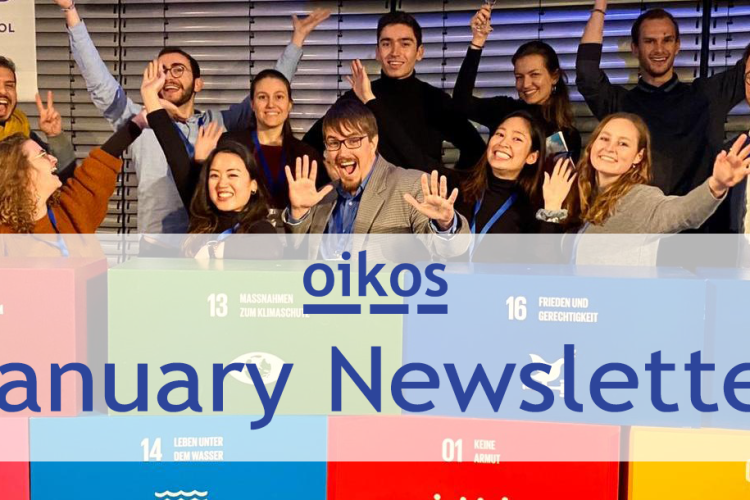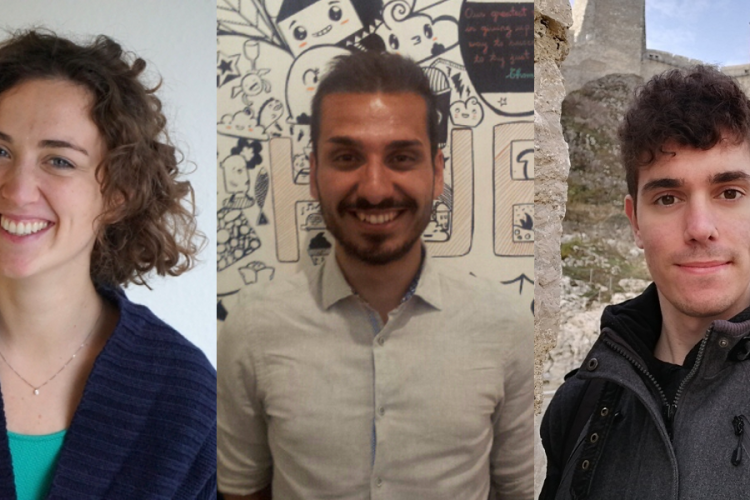Dear oikees, Do you want to develop and apply your knowledge on leadership, while empowering other changemakers globally? Here is the challenge: to organize a two-weeks Global Virtual Conference,...
The information call on oikos presidency will take place on 12th February. This event is related to the ongoing Call for the oikos International President 12/02/2020 at 6:30pmZoom Login:oikos...
Julia Köhler of oikos Copenhagen was recently featured in the Financial Times article covering the integration of sustainability into curriculum across Scandinavian countries. Nordic countries are often regarded as...
The First Edition of the Positive Impact Rating was Launched at the World Economic Forum in Davos on 22nd January 2020. The Positive Impact Rating wants to support a fundamental...
The World Economic Forum, Davos, Switzerland, January 22, 2020 The Positive Impact Rating (PIR) is a new rating conducted by students and for students. It is the first time...
We are excited to present the oikos FutureLab 2019 Report. The report outlines our main activities and achievements at the event. Read it here.
The fairy tale The conference on Sustainable Innovation 2020 at ESCP Berlin took place from the 8th to the 10th of January. oikos Berlin has participated...
Welcome to the January edition of our newsletter! Inside you can find out how oikos kicked off 2020 and take a look at what’s happened in the community in the...
This month we welcomed new members to the oikos International team and we’re very excited for them to introduce themself to the community. Meet Marcelo, Giuliana and...
- 1
- 2




